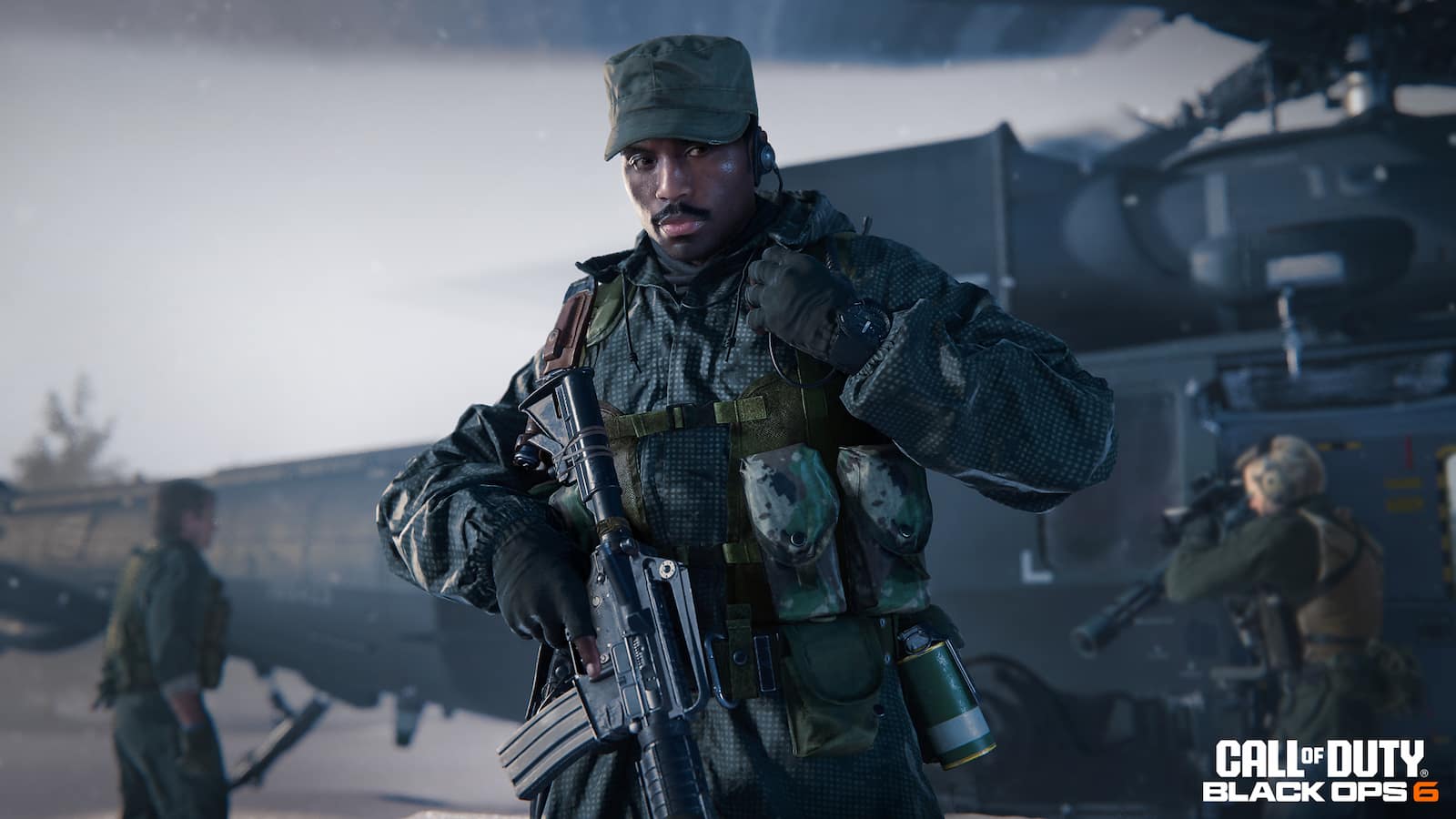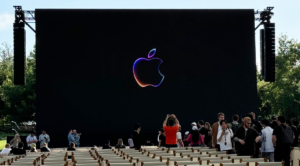Activision has just published an online document titled “Matchmaking Series: The Role of Skill in Matchmaking” that blows the lid on SBMM, the much-discussed mechanic designed to keep players engaged in Call of Duty for as long as possible. This expansive, revealing document spends 25 pages breaking down the concept of “skill” in the overarching SBMM model, with Activision teams confirming what skills have been inspected by a mechanic.
Oh, and they also revealed a secret experiment that was conducted to see how players with massively lowered SBMM levels performed.
All is revealed
The massive document published by Activision discusses one of the biggest contributors to Skill-Based Matchmaking: skill.
The opening pages of the document reveal that “skill” is calculated using three criteria:
- Match Total Kills
- Kill/death ratio
- Enemy kills/deaths
The latter is clever as it allows Activision to give you an accurate skill count regardless of “suicide” deaths. This means that players cannot “break” SBMM by repeatedly killing themselves to reduce K/D artificially. The team delved into the various tests they have performed over the years to continually refine SBMM.
In 2024, Activision conducted a secret experiment on Modern Warfare 3, removing skill metrics from SBMM for thousands of players to see how it fared. The test ran for an entire month, during which players would be matched more “randomly” against competitors. In a report discussing the findings of this experiment, Activision noted that with reduced skill considerations in the SBMM mechanics, 90% of players suffered a reduced “returning player rate”.
Simply put, when lobbies were more randomized and skill wasn’t taken into account, players would leave the game quickly and take a long time to return. In addition, the team tracked an increase in the “opt-out rate” of 80% of all players participating in the secret test, which is a huge number. This proves that players become increasingly frustrated when SBMM is not as strong as it should be.
Again, Activision indicated that the first thing the matchmaking process looks for is geolocation, matching players with other gamers who are close to them geographically. The system then takes skill into account, using the player’s percentile rating to match them to nearby users. Desired player control schemes are then considered.
There was an interesting scenario outlined by the team that shows how matchmaking works when you queue up a talented player:
“Take for example a group of two players, Alice and Bob, Bob is an average player with a 50% skill percentile and Alice is an elite player with a 99% skill percentile. If we compare them to Bob’s skills, Alice is practically guaranteed to be the best player in any lobby they join, more so than if she was playing solo. If compared to Alice’s skills, then Bob will probably be the worst player in any lobby they join. Thus, we should match them in the middle so that the worst player gets some equal opponents while minimizing the inherent advantage of the better player.’
After all, this is the deepest dive we’ve ever had into how SBMM works. While understandably changing all the time, the basics have remained the same for years. It is nothing but interesting for Call of Duty fans and professional players.
For more on Insider Gaming, check out the news that Mortal Kombat 1 has tons of content coming



